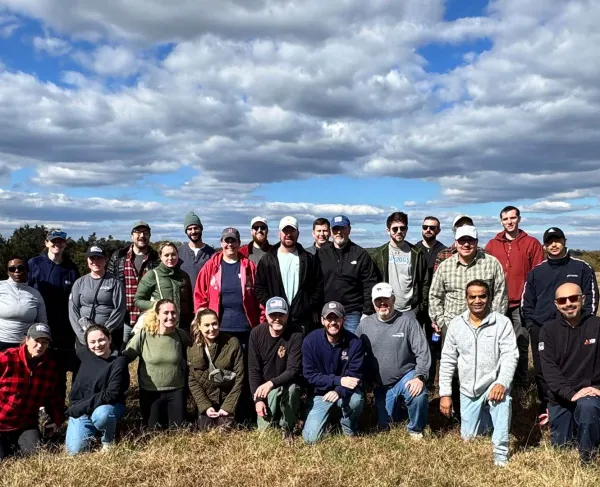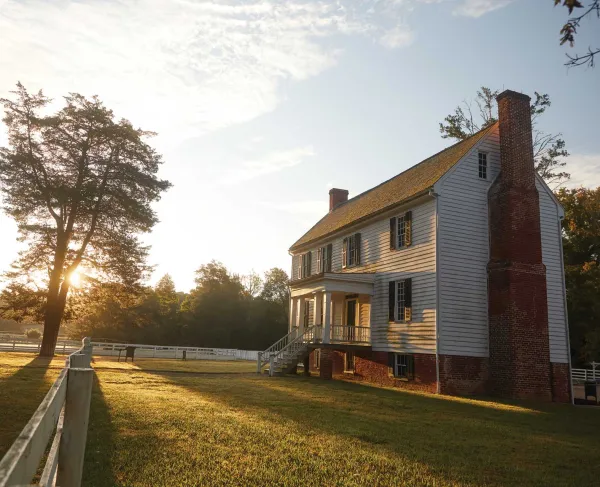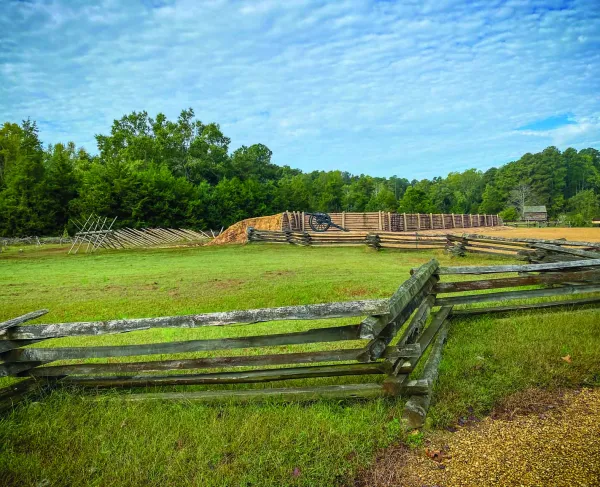The Civil War Was Not Senseless
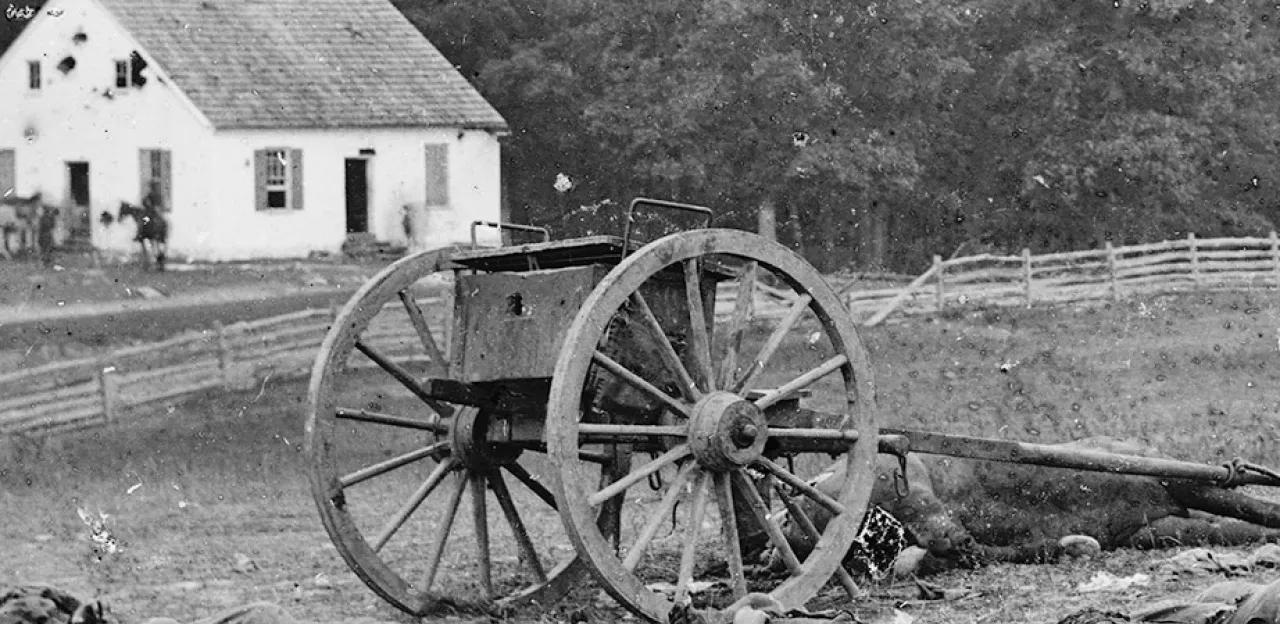
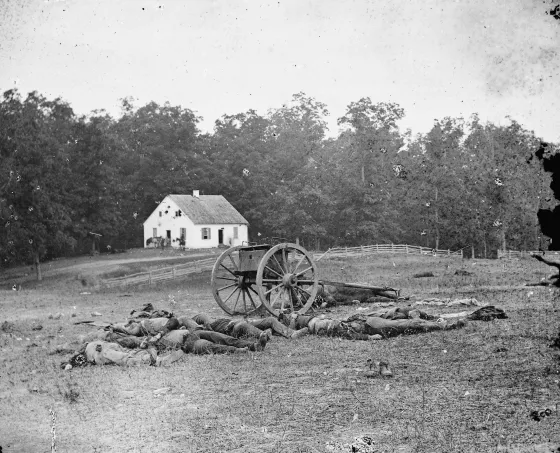
There is a current in modern Civil War discussion that runs like this: the war was largely senseless in both cause and execution and the human toll was excruciatingly high, so we should all face those facts and scrub the rose-tint out of our glasses.
The swimmers in this current warn that most people today view the war as a successful racial catharsis. This view, they argue, is not reflective of the true motivations of the people of the time, and may even produce a tendency to whitewash what is really a very nasty story. We shouldn’t fall all over ourselves to commemorate or celebrate futile slaughter, the swimmers say.
In 2011, the Pew Research Center conducted a poll which indicated that roughly 62% of Americans did not view slavery as the primary cause of the Civil War. In other words, the story has already been whitewashed.
These overly academic debates have been going on for quite a while. In the years after the war, during the “Lost Cause” era, slavery’s role in the struggle was swept under the rug as the survivors sought common ground for peace. World War II and the civil rights movement contributed to a re-reframing of the war as an abolitionist crusade. With those tides now receding, modern society seems to be settling back into a Lost Cause state of mind.
The debates will continue and the prevailing currents will shift many times over. We too often find ourselves strung along by “new” claims from those who must publish or perish. There are roughly 70,000 Civil War books in the world. It has been (as of June 2013) roughly 55,000 days since the Civil War began.
Secession was sparked by the issue of slavery. The northern states went to war to preserve the Union. As the fighting intensified, the reduction of slavery grew into an accepted war aim. Soldiers were not oblivious to the issue. There was a minor spike in desertion from the Union Army after the release of the Emancipation Proclamation--arguably not because of it, but rather because the men were cold and tired and had been losing a lot of battles--but most of the soldiers returned. After the war, and because of it, the Constitution was amended to abolish slavery and ensure the equal protection of American citizens before the law.
The absolute wealth of historical evidence supports this summary. Yes, there are outliers—moments of extreme violence, people with amoral agendas, bouts of racial strife—but they are only outliers. Unfortunately, those looking to make a splash will often elevate the anomalies and ignore the rest. Like a pebble in the infield, we should be mindful of the rare moments when the ball might careen off unexpectedly. But we should not therefore assume that the whole game is being played on the moon.
When we preserve battlefield land, it is preserved regardless of the currents that shape intellectual fashion. It is like a wrinkle in time, to stand on the same fields and under the same sun as those who fought. Land preservation allows future generations to connect with and understand the past in ways that books cannot replicate. Commemorative preservation is more closely tied to contemplation than it is to celebration.
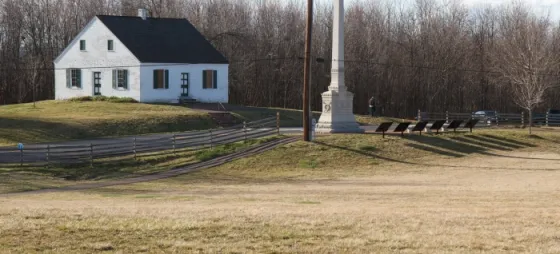
Civil War history offers us a rare and hard-earned opportunity—the opportunity to observe the manifold consequences of institutionalized injustice. We do a disservice to our forebears, to ourselves, and to our children when we instead simply throw up our hands and say “look at all of this useless suffering.” It is more instructive and more historically accurate to remember Abraham Lincoln’s second inaugural address:
“Fondly do we hope, fervently do we pray, that this mighty scourge of war may speedily pass away. Yet, if God wills that it continue until all the wealth piled by the bondsman's two hundred and fifty years of unrequited toil shall be sunk, and until every drop of blood drawn with the lash shall be paid by another drawn with the sword, as was said three thousand years ago, so still it must be said ‘the judgments of the Lord are true and righteous altogether.’”
Learn More: Why Non-Slaveholding Southerners Fought
